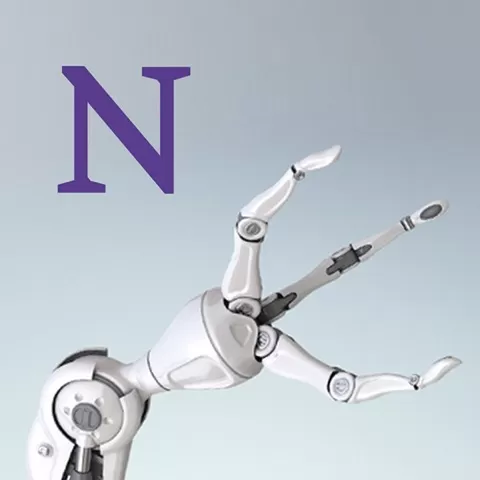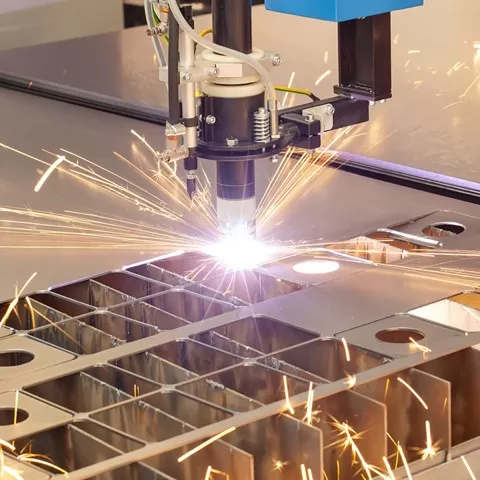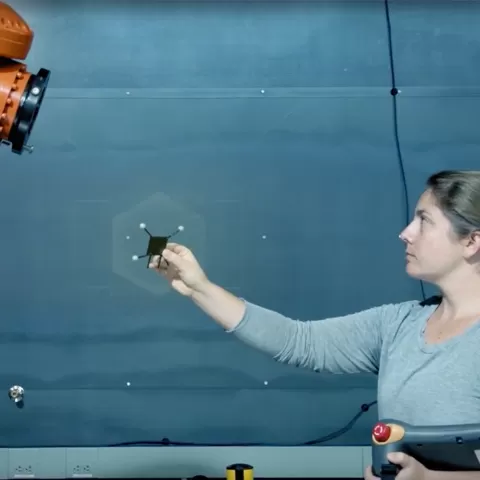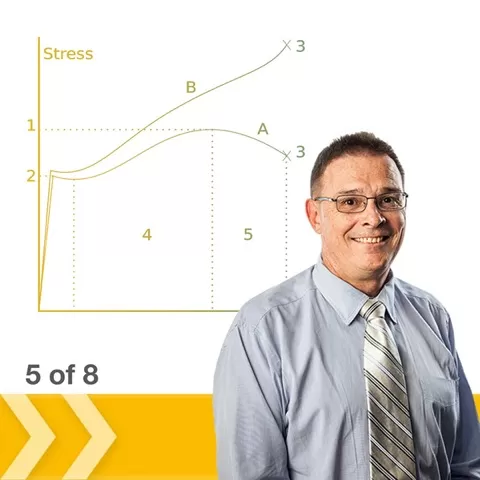Do you want to know how robots work? Are you interested in robotics as a career? Are you willing to invest the effort to learn fundamental mathematical modeling techniques that are used in all subfields of robotics?
If so, then the “Modern Robotics: Mechanics, Planning, and Control” specialization may be for you. This specialization, consisting of six short courses, is serious preparation for serious students who hope to work in the field of robotics or to undertake advanced study. It is not a sampler.
In Course 1 of the specialization, Foundations of Robot Motion, you will learn fundamental material regarding robot configurations, for both serial robot mechanisms and robots with closed chains. You will learn about configuration space (C-space), degrees of freedom, C-space topology, implicit and explicit representations of configurations, and holonomic and nonholonomic constraints. You will also learn how to represent spatial velocities and forces as twists and wrenches. This material is at the core of the study of anything that moves (e.g., robots).
This course follows the textbook “Modern Robotics: Mechanics, Planning, and Control” (Lynch and Park, Cambridge University Press 2017). You can purchase the book or use the free preprint pdf. You will build on a library of robotics software in the language of your choice (among Python, Mathematica, and MATLAB) and use the free cross-platform robot simulator V-REP, which allows you to work with state-of-the-art robots in the comfort of your own home and with zero financial investment.





